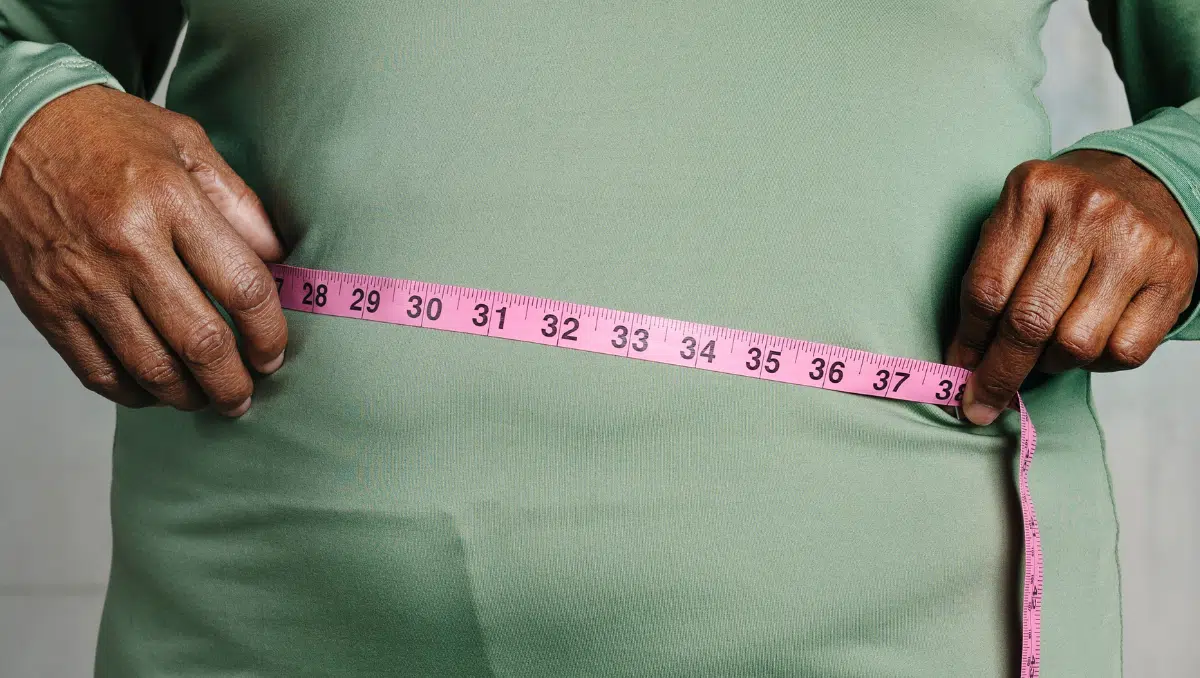People all over the world are frequently interested in topics related to weight loss. Usually, weight loss refers to the act of getting rid of extra body fat, whether it’s done for aesthetic or health reasons. It takes a combination of exercise, a balanced diet, and lifestyle adjustments to reach weight loss goals.

Losing weight has a variety of advantages, including better heart health, better blood sugar regulation, and a lower risk of developing chronic conditions including type 2 diabetes, high blood pressure, and some cancers. Additionally, losing weight can raise a person’s sense of confidence, quality of life, and self-worth.
However, it is crucial to keep in mind that losing weight must always be carried out safely and healthfully, with assistance from a healthcare expert if needed. Rapid weight reduction through excessive dieting or trendy diets can be risky and may result in nutritional shortages or other health issues.
Study on weight loss:
According to a recent study that looked at information on more than 20,000 American adults, eating healthily and exercising more leads to weight loss that lowers the chance of developing heart disease, but skipping meals and taking prescribed diet pills leads to only little weight loss, weight stabilisation, or weight gain. Results revealed that several participants in the study sample still had risk factors for cardiovascular disease even after decreasing a clinically noteworthy 5% of their overall weight. Despite reported weight changes, whether positive or negative, the whole research population’s average composite score on eight heart disease risk factors remained the same.
The study has recently been published in the American Heart Association(AHA) Journal. It is the first to draw a comparison between weight loss methods and outcomes within the framework of the American Heart Association’s “Life’s Essential 8,” a checklist that promotes lowering heart disease risk by means of a variety of suggested measures for body weight, blood pressure, cholesterol levels, smoking, blood sugar level, smoking, physical activity, diet, and sleep. The “Life’s Simple 7” measurements that the AHA used to define the concept of cardiovascular health were changed to the “Life’s Essential 8” in June 2022.

According to research, the Life’s Essential 8 is a useful tool that offers the essential elements for cardiovascular wellness, many of which may be altered by altering behaviour. According to the Ohio State University researchers, U.S. adults generally scored 60 out of 100 on the assessments, indicating that there is still much space for improvement, even among individuals whose eating and physical activity routines have been shown to have a positive impact on some indicators.
A total of 20,305 adult Americans aged 19 or above provided the data for the analysis. Participants disclosed their eating habits for the preceding 24 hours as well as their smoking status, level of exercise, average number of hours of sleep each night, weight history, and weight reduction approach. Their BMI, blood pressure, cholesterol, and blood glucose were assessed during physical examinations and lab tests.
The Ohio State researchers evaluated each person’s diet quality using the Healthy Eating Index and the data to determine each person’s values for the Essential 8’s criteria. 17,465 people in the sample had either gained weight, maintained their weight, or shed less than five percent of their body weight in the previous 12 months. The remaining 2,840 people reported purposeful weight loss of a minimum of 5% over the same period.
In this study, adults who had lost weight that is clinically significant indicated better quality of diet than those who had not, with higher scores on consumption of protein, refined grains, and added sugar. They also engaged in more moderate as well as vigorous physical activity, and their LD cholesterol levels were lower than those in the other weight loss group. The weight-loss group, however, also had a greater average BMI and HbA1c blood sugar measurements as well as less hours of sleep, both of which would have decreased their overall Life’s Essential 8 score.














